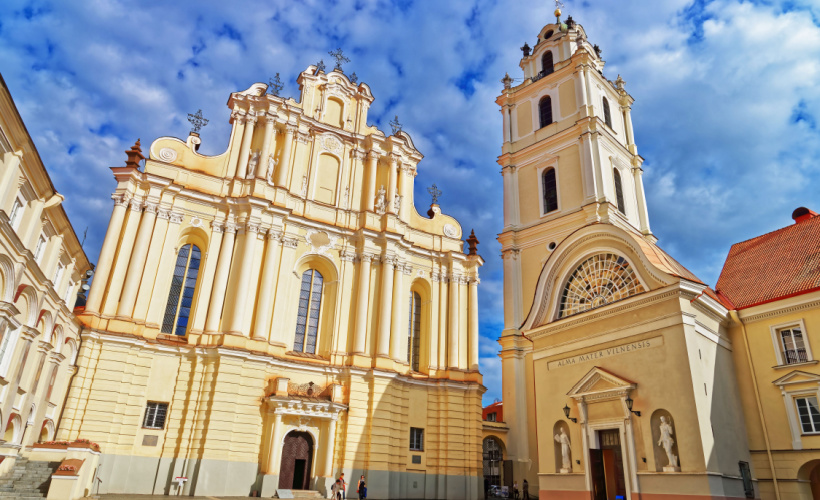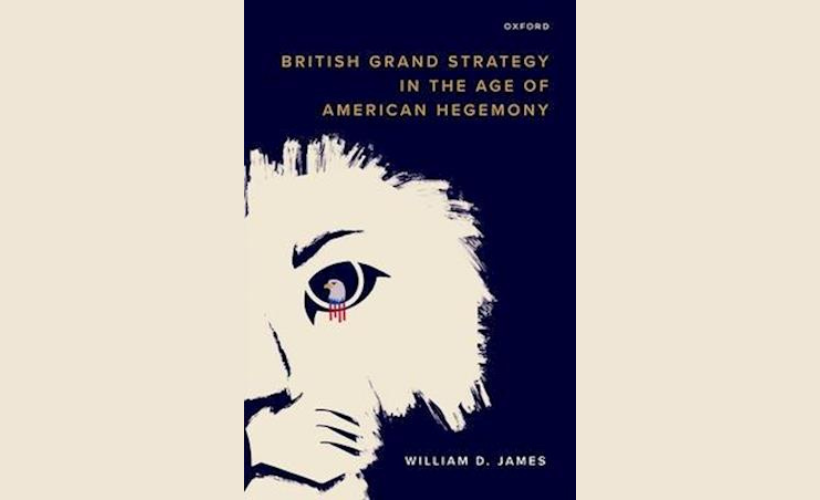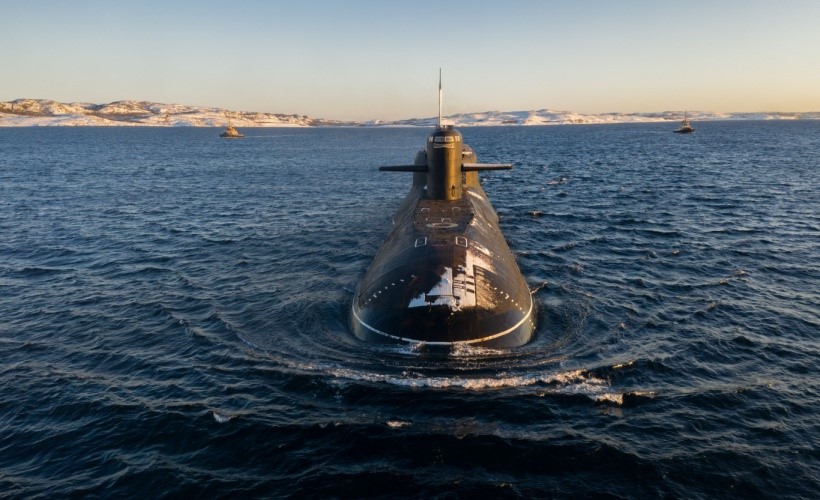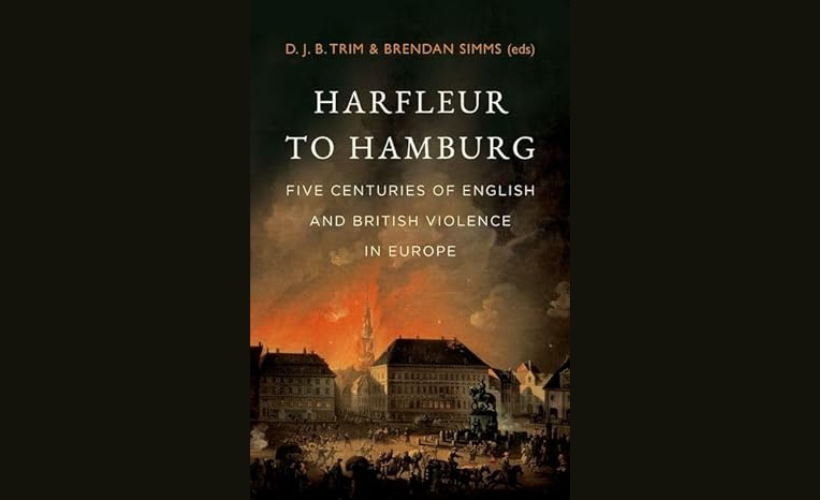Connections between Scotland and the farthest corners of the Baltic had been a subject of much historical research, revealing unknown, unexpected, and often surprising connections. Until 1603, Scotland competed against England for influence in the Baltic. From mid seventeenth to mid eighteenth century, in the territory of the Grand Duchy of Lithuania alone, there lived more than a thousand people of Scottish origin. Scottish legacy has left an imprint in landscapes and histories of Baltic towns. The Scottish influence did not just permeate into the Eastern Baltic, as Scots undertook roles as soldiers, factors, and ship’s captains in Scandinavia and Northern Germany. In Sweden, Scots sat on council of commerce and were frequently ennobled. During the Thirty Years’ War, Scots made up 35,000 of combined Swedish and Danish forces. Meanwhile, in the cities of Danzig and Krakow, Scottish traders like Robert Gordon and Robert Skene were able to make their fortunes. Discoveries of Scottish legacy had even led some authors to talk about ‘pan-Scottish discourse’ in the Baltic. The links between Scotland and the Baltic are promoted and strengthened to this day. Burns Night has long been established by Scottish cultural societies in Tallinn. The Scottish government’s plan for greater bilateral relations in the region has been backed up by the establishment of a new Scottish office in Copenhagen, earlier this year.
This event will bring together leading historians to discuss the Scottish-Baltic connection in its multiple dimensions.
Panel:
Prof. David Worthington– Head of the Centre for History at the University of Highlands and Islands, and expert on Scottish activity in central Europe during the early modern period
Dr Kathrin Zickermann– Lecturer at the University of Highlands and Islands, and researcher on Scottish merchant families in north-east Germany in the early modern period
Prof. Marjory Harper– Chair in History, King’s College, University of Aberdeen, an expert on migration and Scottish diaspora
Chair: Dr Donatas Kupčiūnas– Research Associate at the Baltic programme, Centre for Geopolitics, University of Cambridge







